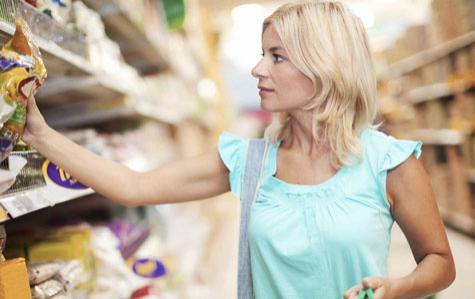Three quarters of shoppers claim they are not provided with enough information about where products come from, according to a new Oxfam survey.
The online survey of 1,000 Australians shows 84 per cent want more information detailed on product packaging about how their food and drink is made and where it comes from, and more than 50 per cent don’t trust the ten biggest food and drink companies.
Oxfam Australia’s new Chief Executive Dr Helen Szoke said the findings were compelling.
“Almost half of Australians said they would stop buying their favourite brands if a company’s policies and practices weren’t up to scratch, and 60 per cent believe their shopping habits can make a difference in the lives of farmers and workers in poorer countries,” Dr Szoke said.
“This tells us that shoppers are recognising major brands have a vital role in tackling hunger and poverty by supporting the poor people with which they do business.”
The release of the survey findings coincided with the launch of Oxfam‟s Behind the Brands report, which ranks the world‟s ten biggest food and drink companies on their social and environmental policies and how they conduct business in poor countries.
Of the companies evaluated, Nestlé (Milo, Violet Crumble), was the highest performing, followed by Unilever (Liptons, Flora, Bushells), Coca Cola (Coke, Fanta), Pepsico (Pepsi, Smiths Chips, Doritos, Twisties), Mars (Mars Bars, Snickers, M&Ms) and Danone (Evian, Activa), Mondelez – formerly Kraft – (Vegemite, Toblerone, Cadbury) and General Mills (Latina Pasta, Old El Paso).
“Our report connects what we eat and drink every day with the experiences of the farmers and workers in poorer countries who produce our food,” Dr Szoke said.
Oxfam’s Behind the Brand Report company scorecard:


For further information visit:

















__small.png)










